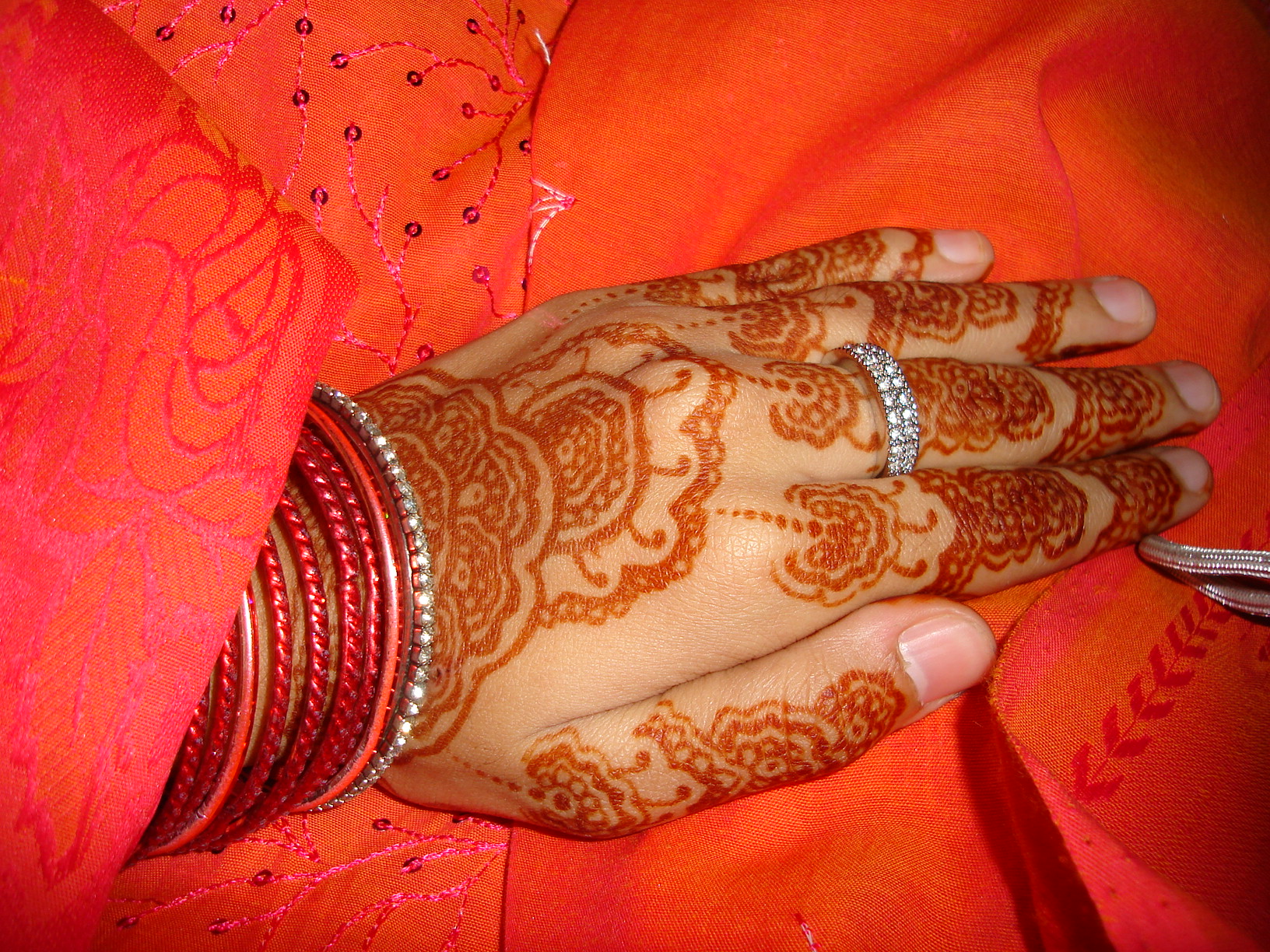A landmark high court ruling could give thousands of Muslims married under a non-civil ceremony the right to divorce.
Solicitor Nasreen Akhter was blocked by her husband, businessman Mohammed Shabaz Khan, from seeking a divorce as he argued that they were not married under English law.
As the pair were married under Sharia law, their rights to a divorce have been limited by the fact that their ceremony has not been recognised in courts in England and Wales — until now.
The Changing Definition of Marriage?
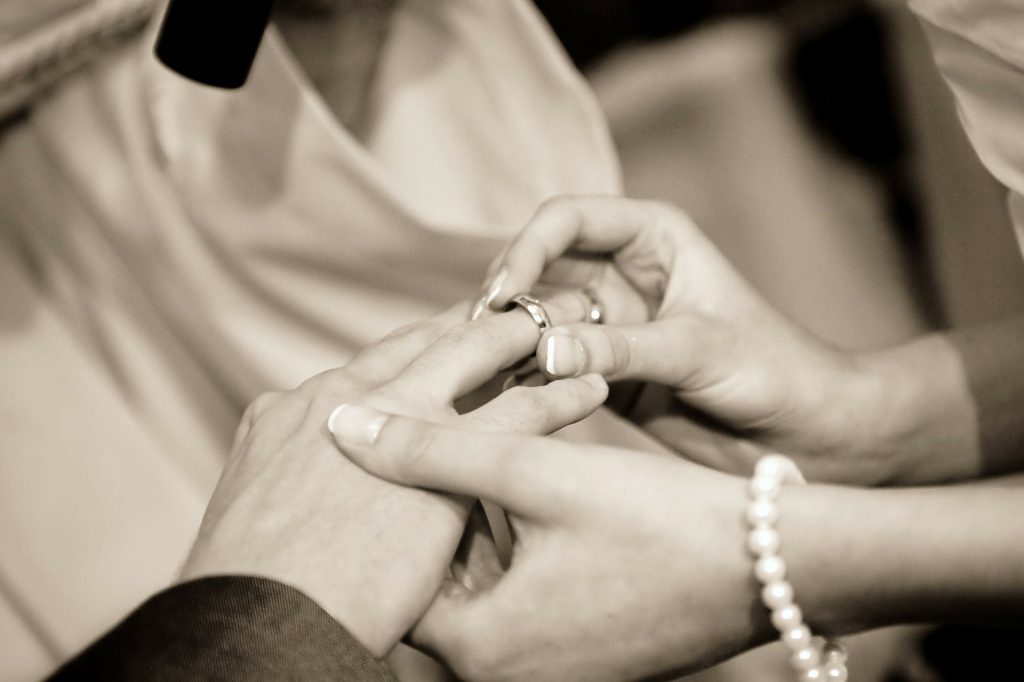
Flickr
The couple, like thousands of Muslims in the UK, underwent a nikah, an Islamic religious marriage ceremony, rather than a legally-binding civil union.
It was under these terms that Akhter argued that they were as rightfully married as husband and wife.
What is Sharia Law?
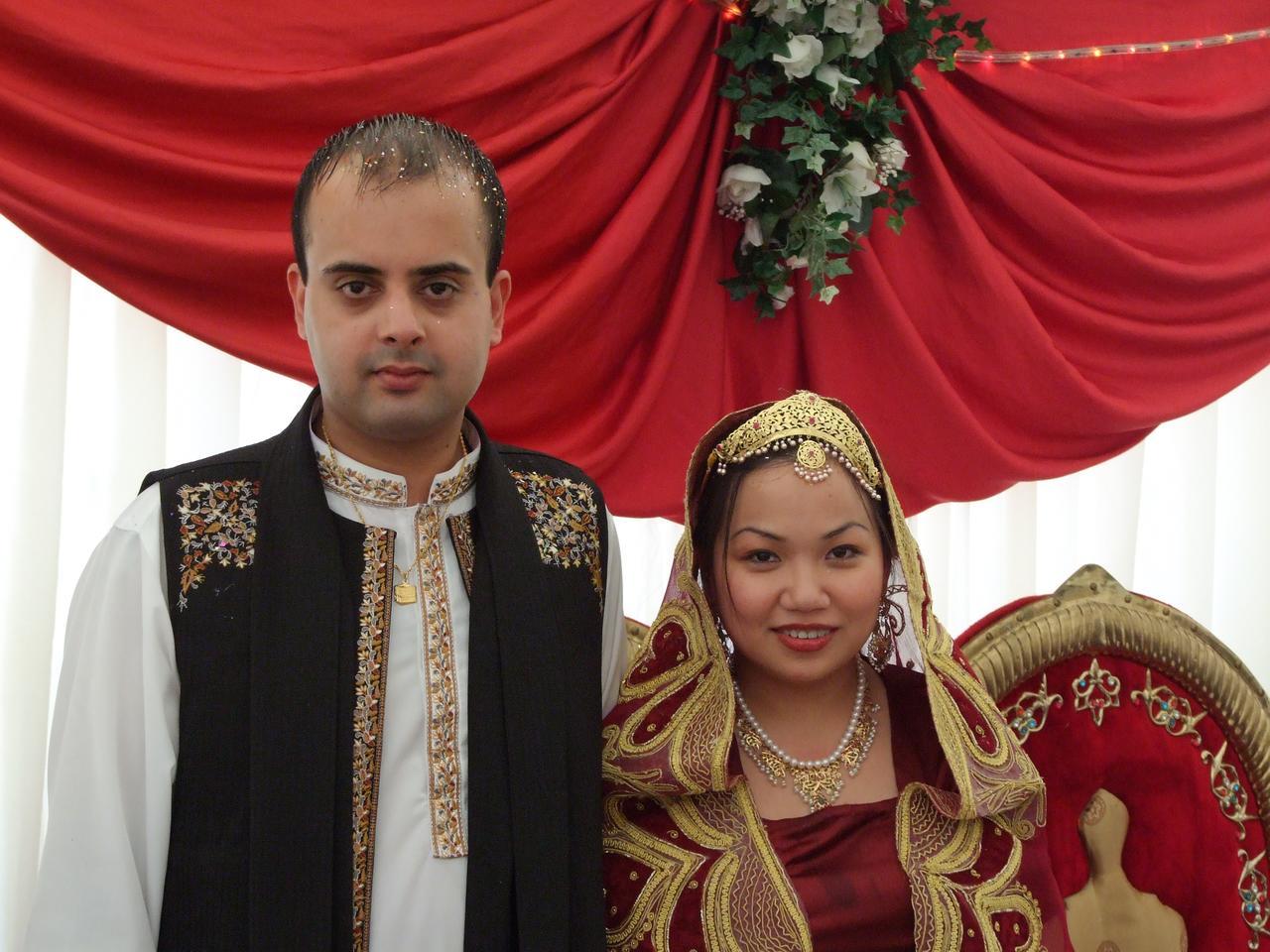 Wikimedia Commons
Wikimedia Commons
Sharia is written jurisprudence and law developed on the basis of a diversity of opinions among jurists in the classical period of Islam.
Sharia law is advised by councils, with estimates reporting that there are 30 t0 85 Sharia councils in England and Wales.
Sharia law councils comprise as a voluntary local association of scholars who see themselves or are seen by their communities as authorised to offer advice to Muslims principally in the field of religious marriage and divorce.
Why is Sharia Law Misunderstood?
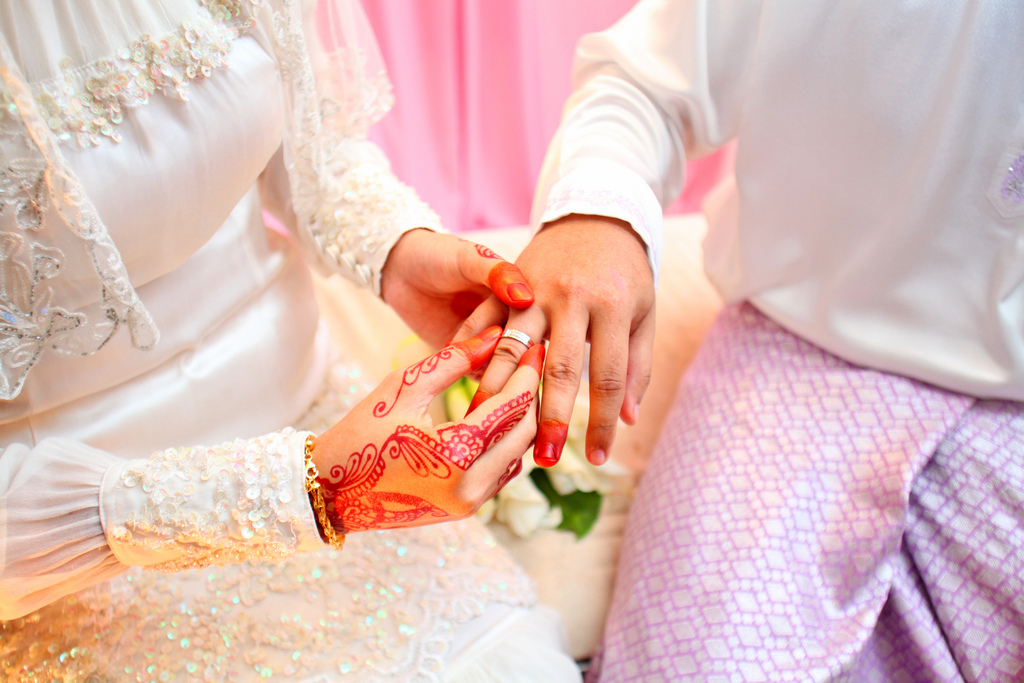 Flickr
Flickr
Until this ruling, Sharia councils have had no legal status and no legal binding authority under civil law. Whilst sharia is a source of guidance for many Muslims, sharia councils have no legal jurisdiction in England and Wales.
Often misnamed as Sharia ‘courts’ which contain ‘judges’, these councils are often subject to misrepresentation which suggests that Sharia councils have legally binding power and conflate with UK court rulings.
What Has Sharia Law Meant For a Muslim Couple’s Rights to Divorce?
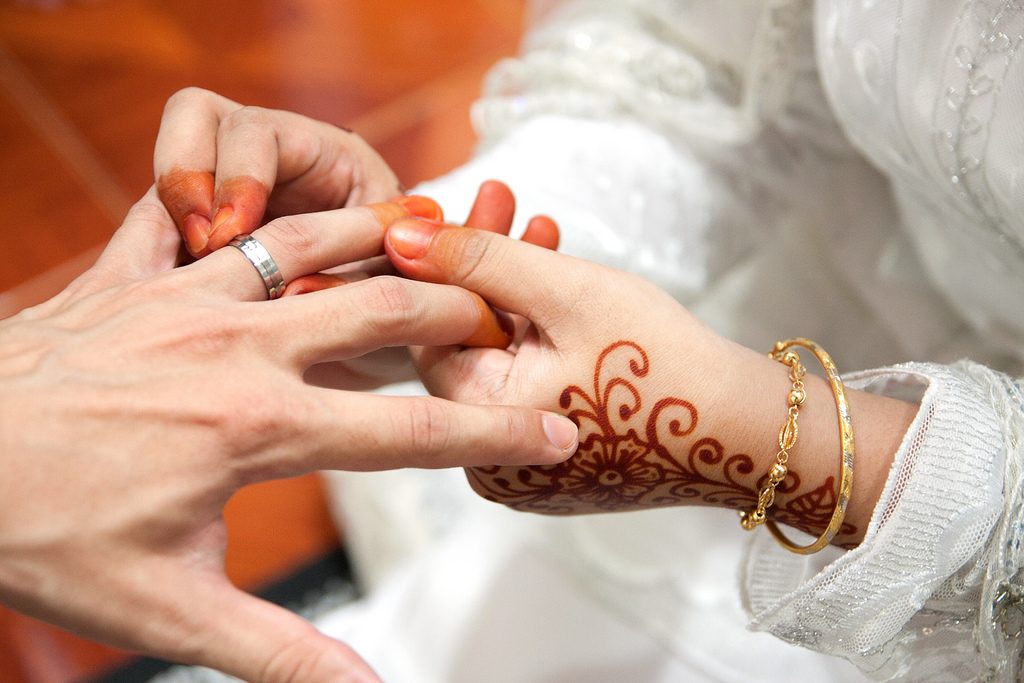 Wikimedia Commons
Wikimedia Commons
According to Channel 4 documentary “The Truth About Muslim Marriage,” 61% of Muslim women who have had a Nikah did not get married under a civil ceremony.
Prior to this ruling, this has meant that those who have married under a Nikah are not provided with the same protections under UK law, including the right to divorce.
An independent review into the application of Sharia Law in England and Wales in February 2018 recommended that Muslim couples should undergo both a religious and civil marriage ceremony in order to be fully protected in the eyes of the law.
What will this ruling mean for Islamic divorce rulings in the future?
 Flickr
Flickr
Mr Justice Williams ruled that the marriage was null under section 11 of the 1973 Matrimonial Causes Act.
The marriage has been declared void under section 11 of the act, which stated it “entered into in disregard of certain requirements as to the formation of marriage. It is therefore a void marriage and the wife is entitled to a decree of nullity.”
Aina Khan, a specialist in Islamic law, said last year: “My experience of 25 years as a lawyer specialising in Islamic marriage and divorce is that this is not only a major problem but a growing problem. My anecdotal evidence suggests that in the last five years the proportion of people under 40 having nikah-only marriages is as high as 80%,” reported The Guardian.

